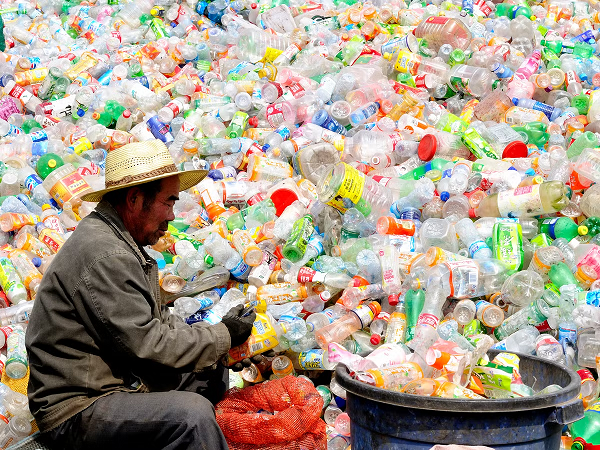Compostable Packaging Has Positive Effects On The Environment: Take A Look

The essential packaging ingredients, primarily polymers derived from fossil fuels, are procured and produced using the most cost-effective methods feasible, with little to no consideration given to the materials’ eventual disposal. There is a good chance that this waste will end up in a landfill, or at best, a recycling stream contaminated with food and so of poor value. It is a piece of garbage, both literally and metaphorically. The use of biodegradable packaging is advantageous since it supports the circular economy. Compostable packaging, made from plant-based renewable materials, may continue to exist beyond the trash stage of the cycle, entering the resource stream as nutrient-rich compost that benefits your soil while also removing carbon from the atmosphere.
Keeps Compostable Materials Out Of Landfills
In many cases, specific single-use food service products cannot be recovered or recycled because of contamination from food. You must throw the packaging and the organic food waste out with regular trash. Another advantage of bio-packaging is that it streamlines garbage collection, lessening the adverse effects of dumping organic waste in landfills. The food processing sector in Australia alone produces 76 million tons of organic waste annually, most of which is sent to landfills.
Bringing Down Organic GHG Emissions
Because it lacks oxygen, organic waste in landfills produces methane greenhouse gas during decomposition. Methane is 28 times more damaging to your planet than carbon, and if the whole production of gases from waste were to be evaluated as a nation, it would rank third in the world after China and the USA. Composting your food waste and your biodegradable packaging has a significant beneficial effect and is a critical method to address climate change. Carbon dioxide is removed from the air and stored in the soil via composting.
Instead Of Plastic, The Future Lies In Plant-Based Materials
Compostable and sustainable, plant-based materials have many uses. For instance, the sugarcane industry produces bagasse, a substance from sugarcane pulp. This material can be salvaged from your food service business, put to good use, and then composted and returned to the soil, where it may serve as a fertiliser source for, you guessed it, more plants rather than being burned.
Helps Lessen The World’s Reliance On Finite Fossil Fuels
Plastics made from fossil fuels will be around for much longer than those made from plants. These harmful compounds are not readily degraded, and mounting evidence shows that plastics exist throughout your ecosystems, even in your bodies. It is reason enough to avoid using them.
Helping The Earth Through Composting
Overpopulation and pollution are significant stresses on ecosystems throughout the globe. Biodiversity surveys depict a pretty bleak picture, but you can all do your part to help restore the balance by composting. There are several ways in which compost aids plant and animal life:
- It improves the soil’s structure and quality, which in turn aids plant development and water retention.
- The carbon in compost and the proliferation of helpful microorganisms contribute to the richness and productivity of your soil.
- It lessens the need for chemical fertilisers, decreasing pollution washed into rivers and the sea.
Packaging used in the food service business frequently ends up being quite contaminated with food residues. It makes recycling problematic, if not impossible, particularly for fibre-based items. In addition, not everyone makes an effort to separate their food trash from their packaging by scraping it into a separate container.
Conclusion
Because of this, a vital part of building a sustainable circular economy is collecting and recycling your organic waste. Compostable packaging may help reverse the trend of soil erosion and the deterioration of productive farmland worldwide, creating a vital resource for establishing sustainable and regenerative agricultural methods, which poses a danger to your future food security. It is the way of the future in the food service business for several reasons, including ease of use, lower carbon footprint, better soil health, and less plastic pollution.



